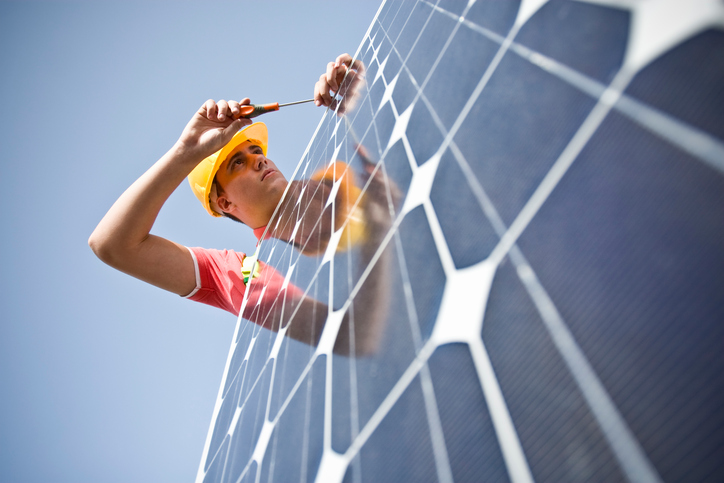In an interesting move, it was recently announced that SunPower Corporation is buying SolarWorld Americas, a rival company that championed import tariffs which shook the solar industry last year. We’ve written about the state of the solar industry before, especially about SunPower’s work to be exempt from some or all of President Trump’s tariffsbecause of their vast business dealings overseas. The company relies heavily on imports of solar cell components from China and Taiwan, and rising costs started to take their toll on business operations.
With this acquisition, it’s clear that SunPower’s attempts at tariff exemption weren’t as fruitful as they’d hoped. Aside from the obvious advantage of reducing competition by buying out a competitor, the purchase of SolarWorld is advantageous in a larger sense because of the company’s existing manufacturing facility in Oregon. By bringing manufacturing efforts to the U.S., SunPower can experience a number of benefits, including:
SunPower’s imported panels are generally more expensive than most in the industry, which caused them to be taxed more heavily based on their value. Housing production of expensive panels in the United States gives the company a convenient way around those high tariff costs, and the company is already putting the savings to good use. SolarWorld’s existing facility will be retrofitted to make space for production of the higher-end panels, while around half of the facility will be used for more economic models. SunPower isn’t the first solar company to take the domestic manufacturing approach. JinkoSolar, another company that we detailed in our blog post about tax exemptions, has plans to build a Florida factory.
SunPower’s acquisition of SolarWorld speaks very strongly to the changing landscape in the solar industry. It’s not often that a company so adamantly opposed to new legislation ends up buying a competitor that supported said legislation. This move falls in line with the old adage: if you can’t beat ‘em, join em.
